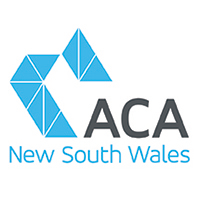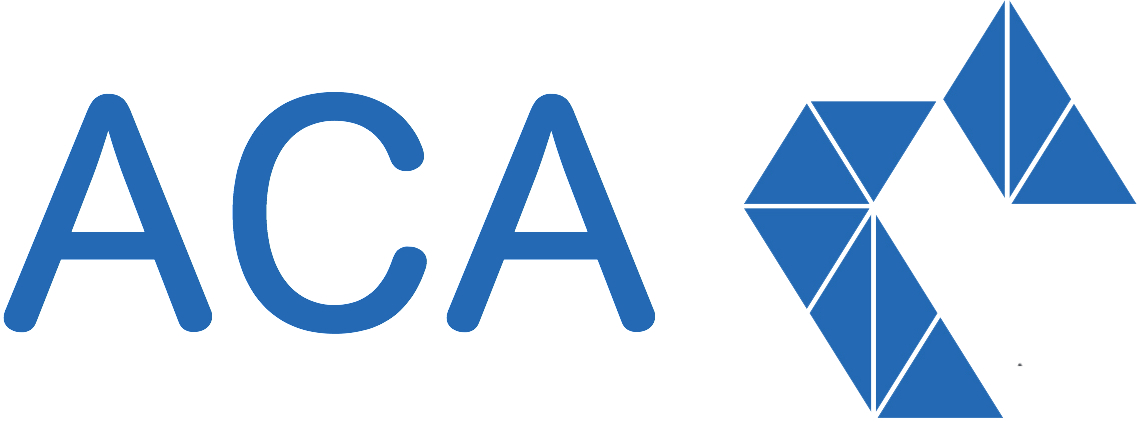As part of the 2019 Review of the National Quality Framework (NQF), one of the big issues being discussed is the need for new revenue for Regulatory Authorities (eg NSW Department of Education) following the Federal Government's decision to stop Commonwealth funding for regulatory activities after 30 June 2020.

As part of the 2019 NQF Review's Issues Paper, the question that was posed was:
"... what fee model(s) (e.g. a sliding scale of fines based on history of non compliance) might be appropriate
for ensuring the continued operation of the NQF and improving outcomes for children and families
by encouraging improvement in service quality?"
The Australian Childcare Alliance (ACA) NSW recognises the need for the minority of persistently non-compliant services to bear their own responsibilities for compliance costs. That said, we are concerned with the need to ensure valid notifications of non-compliances are addressed than the perception that any increases or changes to compliance costs are primarily revenue raising.
As such, Regulatory Authorities (eg NSW Department of Education) will need to consider:
- how breaches are defined through the Education and Care Services National Regulations;
- would there be grace time limits for rectification, and would they also be defined in Regulations;
- to ensure accountability and transparency, how will Authorised Officers document their evidence of such breaches, where will such records be kept, and how can services have access to those records;
- how will compliance fees be paid if there is a dispute about the validity of the breach; and
- can breaches and fees be challenged by the service through a third party (eg Civil Administrative Tribunal)?
ACA NSW does not support any additional compliance fees or prescribed penalties than those already in existing legislation and regulation.
Should a sliding scale of fees, fines and penalties be implemented in NSW, assessment of potential repeat offenders must be conducted independently of the Regulatory Authority so as to ensure that increases in fees, fines and penalties based on Regulation are not seen as primarily revenue raising motivated.
That said, there should also be a scale of fees, fines and penalties (based on Regulation) depending on the size of the non-complying services. Larger services who are non-compliant also have a greater financial capacity than smaller services.
In so doing, compliant services save costs, and those services who require significant resources from the Regulatory Authorities will be covering those costs themselves, rather than all services bearing this cost.
NOTE: The above is an extract from ACA NSW's submission to the 2019 NQF Review that was due on 30 June 2019.
PUBLISHED: 9 JULY 2019








